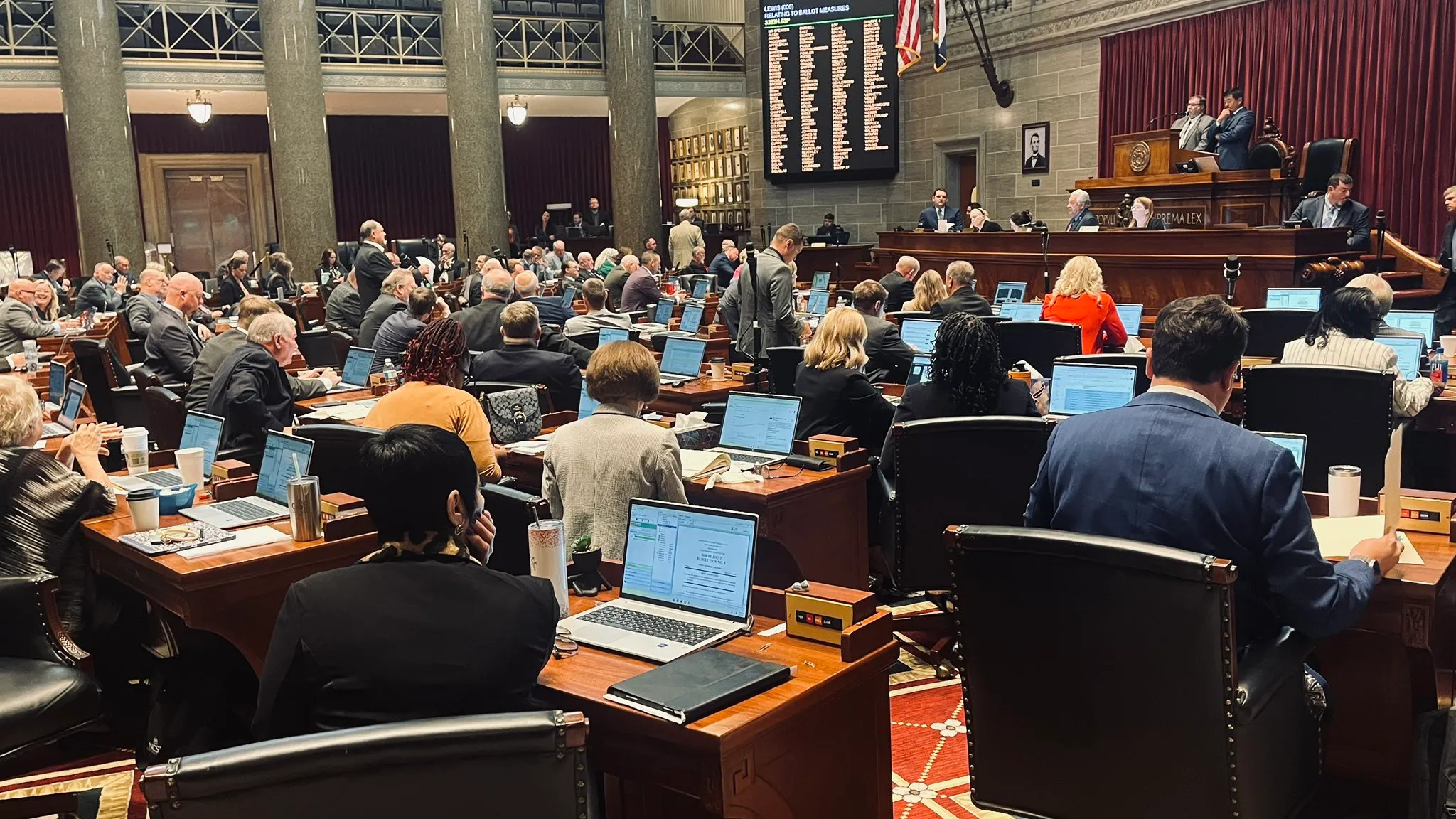By Afiong Edemumoh,The Nation
Copyright thenationonlineng

The country may have lost up to N509 billion in trade and Customs revenue due to maritime disruptions linked to vessel arrests between 2015 and 2021, according to new report by the Sea Empowerment and Research Center (SEREC).
The estimate follows the Nigerian Navy’s disclosure that it arrested 333 vessels over the six-year period, a statistic that SEREC says underscores enforcement capacity but also highlights the scale of persistent maritime crime.
“Arrest statistics are insufficient without context. For enforcement to translate into fiscal accountability, the Navy must publish detailed seizure data fields — vessel type, cargo type, cargo value, and final disposition. Without this, government and industry cannot quantify actual losses, nor measure the return on security investments,” the group said in the report.
Based on assumptions that 20 per cent of the detained vessels were commercial, SEREC calculated losses ranging from N10.2 billion to N509.2 billion during the period under review.
SEREC’s assessment outlined three scenarios to capture the possible scale of economic losses linked to vessel arrests between 2015 and 2021.
READ ALSO; Open letter to the Northeast Development Commission
In the low-impact scenario, where most of the detained vessels were assumed to be small craft, the losses were estimated at N10.2 billion in cargo value and N1.2 billion in customs revenue. A medium-impact scenario, more typical of feeder or container ships, suggested much higher losses of N101.8 billion in cargo, N12.2 billion in customs duties, and ₦8.1 billion in disruption-related costs. At the upper end, the high-impact scenario assumed that oil tankers and other high-value carriers were involved, with potential losses soaring to N509.2 billion in cargo, N61.1 billion in customs revenue, and N40.7 billion in disruption costs.
These figures, the group said, do not account for the country’s much larger maritime losses from crude oil theft, illegal bunkering, and unregulated fishing — activities that continue to drain export revenues and undermine food security.
It warned that beyond lost revenues, maritime crime erodes Nigeria’s competitiveness in global trade. It said higher insurance premiums, security surcharges, and rerouting expenses raise consumer prices and discourage exports. Meanwhile, it added the risk environment deters foreign direct investment (FDI) in shipping, port operations, and logistics infrastructure.
The think-tank also noted that persistent insecurity also damages sectoral stability. “Oil theft reduces export receipts, while illegal fishing undercuts food security and coastal livelihoods,” the bulletin noted.
SEREC argued that vessel arrests alone are not evidence of success. Instead, it called for a systemic response that links enforcement outcomes to economic accountability.
It highlighted a series of reforms aimed at turning maritime security enforcement into tangible economic gains. Central to its proposals is the need for transparency, with the mandatory disclosure of critical seizure details such as vessel type, cargo type, cargo value, and the eventual outcome of each case.
The think-tank also recommended a joint audit by the Navy, Customs, the Nigerian Ports Authority (NPA), and the Nigerian Upstream Petroleum Regulatory Commission (NUPRC) to produce a reconciled account of the economic impact of vessel arrests. To curb the losses caused by prolonged detentions, it calls for fast-tracked prosecutions that would ensure quicker resolution of cases.
Additionally, SEREC stressed the importance of targeted corridor protection, urging that naval assets be deployed more strategically along high-value shipping routes and oil terminals. Complementing these measures, it highlighted the need for customs and port reforms through digitisation, which would reduce human interference, limit smuggling opportunities, and strengthen revenue collection.
“The Navy must specify vessel type, cargo type/value, and seizure outcomes forfeited, released, fined, prosecuted for every case. Only then can Nigeria move from statistics to solutions,” the group stressed.
SEREC urged both the Executive and National Assembly to commission a joint Navy–Customs–NPA–NUPRC audit of all maritime arrests from 2015 to 2021. It also recommended that annual reports on maritime crime and economic losses be made public to improve accountability.
“Without reliable data, the government cannot measure the true cost of maritime insecurity, nor evaluate whether billions spent on naval patrols are yielding proportional returns,” the report said.



